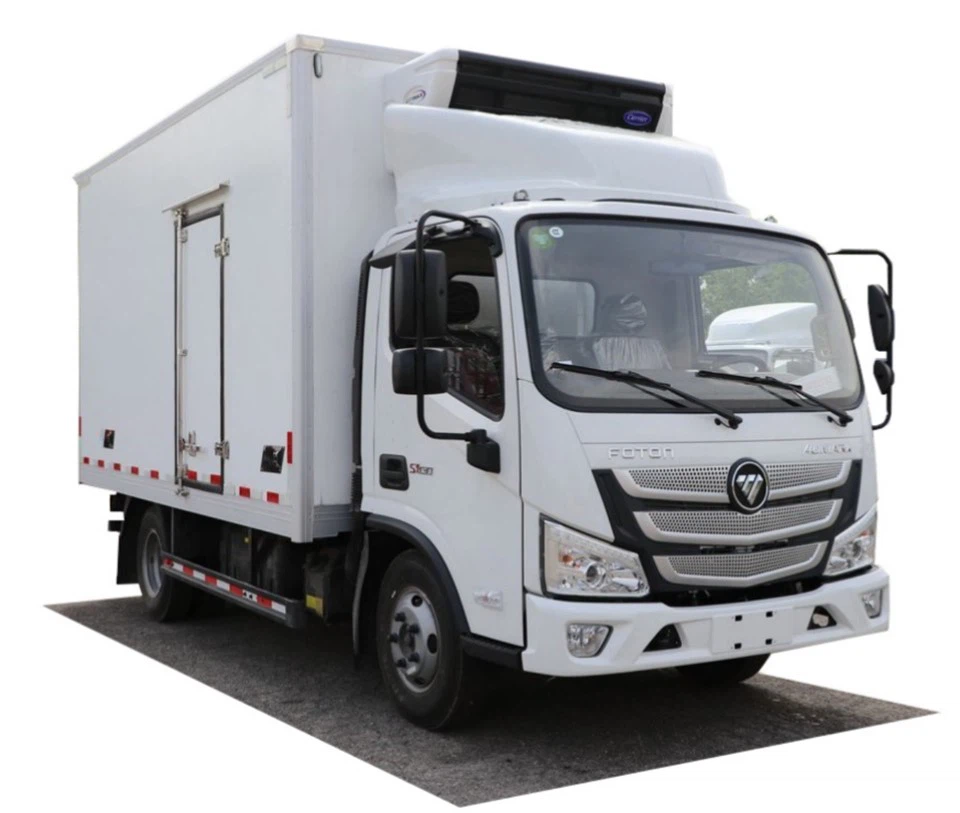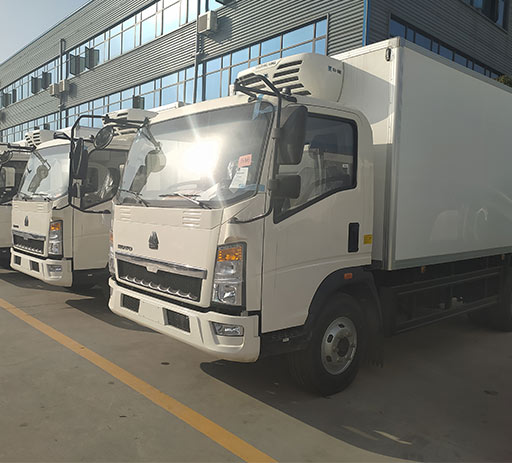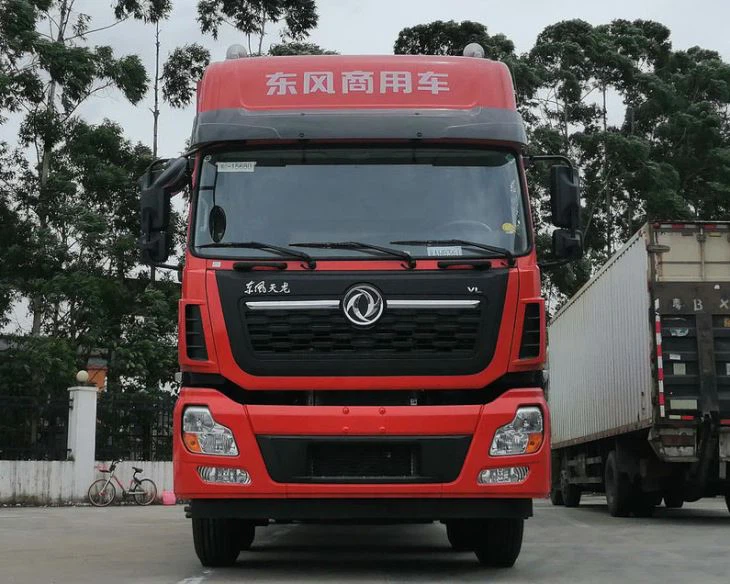Roll Off Waste Containers for Sale: Your Ultimate Guide

When tackling large cleanup projects, roll off waste containers are an invaluable tool. Whether you’re dealing with construction debris, renovating your home, or handling a large-scale event, these containers make waste management efficient and straightforward. In this comprehensive guide, we will explore everything you need to know about roll off waste containers for sale, including types, pricing, tips for renting, and more.
What Are Roll Off Waste Containers?
Roll off waste containers are large, rectangular containers with an open top that can hold substantial amounts of debris. They are designed to be transported on a special truck equipped with a roll-off mechanism, allowing for easy loading and unloading. These containers are ideal for both commercial and residential projects.
Key Features of Roll Off Containers
- Size Variety: Roll off containers come in various sizes, typically ranging from 10 to 40 yards.
- Durability: Made from heavy-duty steel, these containers are built to withstand harsh conditions.
- Accessibility: The open top design allows for easy loading of waste materials.
- Transportability: Designed for quick pick-up and delivery by specialized trucks.
Types of Roll Off Containers
Understanding the different types of roll off waste containers available can help you choose the right one for your specific needs.
Standard Roll Off Containers
Standard roll off containers are typically used for general waste disposal, including construction debris, household junk, and more. They are a popular choice due to their versatility.
Specialized Roll Off Containers
For specific materials like hazardous waste or heavy construction debris, specialized containers are designed to ensure safe and compliant disposal.
| Type of Container | Best Used For |
|---|---|
| Standard Roll Off | General waste and recyclables |
| Heavy-Duty Roll Off | Construction and demolition materials |
| Hazardous Waste Container | Disposal of toxic materials |
| Compactors | Large volumes of waste with high weight density |
How to Choose the Right Roll Off Container
Selecting the appropriate roll off container is crucial for effective waste disposal. Here are some factors to consider:
Project Size

The size of your project will dictate the size of the container you need. Larger projects may require a 30 or 40-yard container, while smaller jobs can often be managed with a 10 or 20-yard container.
Type of Waste
Different types of waste may require specialized containers. For example, hazardous materials must be disposed of in specially designed containers compliant with environmental regulations.
Space Availability
Ensure you have enough space for the container. Residential areas may have restrictions on container placement.
Common Sizes of Roll Off Containers
- 10-Yard Container: Suitable for small home projects, including spring cleaning.
- 20-Yard Container: Great for medium-sized renovations or landscaping projects.
- 30-Yard Container: Ideal for larger construction projects or cleanup events.
- 40-Yard Container: Best for massive jobs like commercial renovations or large-scale cleanouts.
Cost of Roll Off Waste Containers
The cost of renting a roll off container can vary based on several factors, including the size of the container, the location, and the type of waste.

Average Rental Prices

| Container Size | Estimated Cost |
|---|---|
| 10-Yard | $300 – $500 |
| 20-Yard | $400 – $600 |
| 30-Yard | $500 – $800 |
| 40-Yard | $600 – $1,000 |
Factors Influencing Cost
- Delivery Fees: Depending on your location, delivery fees can significantly affect overall rental costs.
- Rental Duration: Most companies have a base rental period; extending this can increase your fees.
- Type of Waste: Certain types of waste, particularly hazardous materials, can lead to higher costs due to special handling and disposal fees.
- Local Regulations: Some areas may have specific fees linked to waste disposal that can affect pricing.
Tips for Renting Roll Off Waste Containers
Renting a roll off container may seem straightforward, but adhering to these tips can help you navigate the process more smoothly:
Plan Ahead
Book your container in advance, especially during peak seasons when demand is high. This ensures you secure the right size for your project.
Assess Your Needs
Carefully evaluate your waste type and project requirements to avoid over or underestimating your container size.
Follow Local Regulations
Check local ordinances regarding where you can place your container. Some cities and towns may require a permit for placement, especially on public property.
Coordinate Pick-Up
Once your project is complete, ensure you coordinate with your waste container provider for timely pick-up to avoid additional rental charges.
Environmental Considerations
Proper waste disposal is crucial for environmental sustainability. Using roll off waste containers allows for recycling and responsible disposal of various materials.
Recycling Options
Many waste disposal companies recycle items such as concrete, metals, wood, and certain plastics. Inquire about recycling options when renting your container to minimize landfill waste.
Hazardous Waste Disposal
Be aware of how to properly dispose of hazardous materials. These should never go into a standard roll off container. Make sure you have specialized arrangements for such waste.
Common Uses of Roll Off Containers
Roll off containers are suitable for a variety of applications. Here are some common uses:
Construction and Renovation Projects
Whether you are building a new home, remodeling a kitchen, or adding an outdoor deck, roll off containers make it easy to handle the debris and waste generated.
Home Cleanouts
When decluttering, downsizing, or emptying an estate, renting a roll-off container can simplify the disposal of unwanted items.
Landscaping Projects
Landscaping often generates substantial waste such as sod, dirt, and debris from tree removal. A roll-off container can handle this easily.
Common Questions About Roll Off Containers
What Size Roll Off Container Do I Need?
It depends on the amount and type of waste you are handling. Smaller projects typically require a 10 to 20-yard container, while larger construction projects may need a 30 or 40-yard container.
How Long Can I Keep the Container?
Most rental companies offer a standard rental period of 7 to 14 days. You can often extend this period for an additional fee.
Can I Put Anything in a Roll Off Container?
No, hazardous materials, electronics, tires, and some appliances typically cannot go in a standard roll off container. Always check with your waste provider for specific guidelines.
How Does the Delivery and Pick-Up Process Work?
When you place an order for a roll-off container, the delivery truck will drop it off at your specified location. Once you are finished, you can notify the company for pick-up.
What Happens to the Waste After Pick-Up?
After pick-up, your waste will be taken to a transfer station where it is sorted for recycling or sent to a landfill as necessary.
Are There Additional Charges for Overfilling the Container?
Yes, many companies will charge extra if the container is overweight or filled beyond the rim. It’s crucial to follow the guidelines provided by your rental company.
